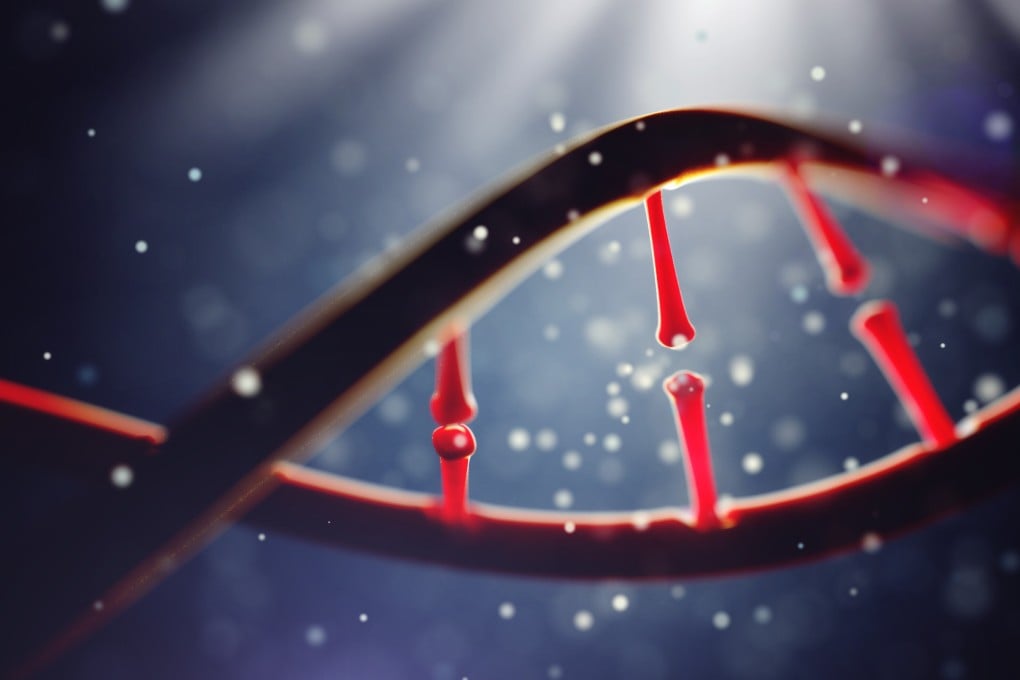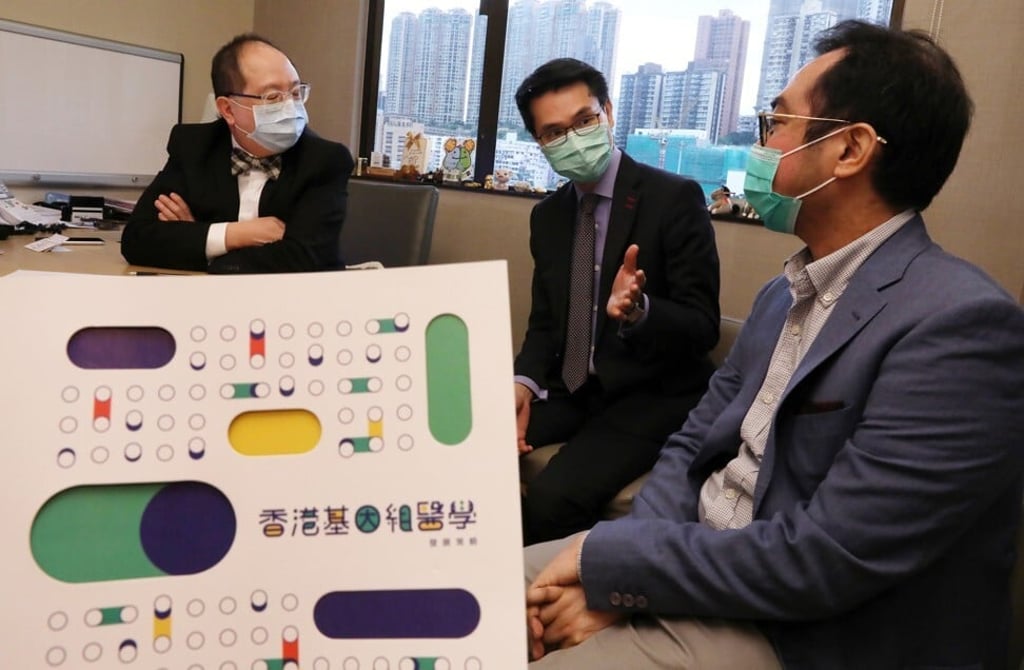Hong Kong genome study will help free babies born through artificial fertility treatments from more hereditary diseases, experts say
- A total of 20,000 Hong Kong cases will be recruited under the study, launched last month and dubbed the Hong Kong Genome Project
- The study will also build up a genomic database of the local Chinese population to facilitate more precise treatments and prevention

A genomic study of Hongkongers could help weed out more hereditary diseases in babies born through artificial fertility treatments, according to experts.
A total of 20,000 Hong Kong cases will be recruited under the study, dubbed the Hong Kong Genome Project, which will look into undiagnosed disorders and cancers with hereditary links, as well as build up a genomic database of local Chinese population to facilitate more precise treatments and prevention in gene-related diseases.
Professor Raymond Liang Hin-suen, chairman of the government’s Steering Committee on Genomic Medicine, said the project could potentially identify more genetic factors behind diseases that are yet to be diagnosed or cancers that could be hereditary.
“If we can identify those [disease-causing] genes, hopefully we can stop them being passed on to the next generation,” said Liang in an interview last week .
